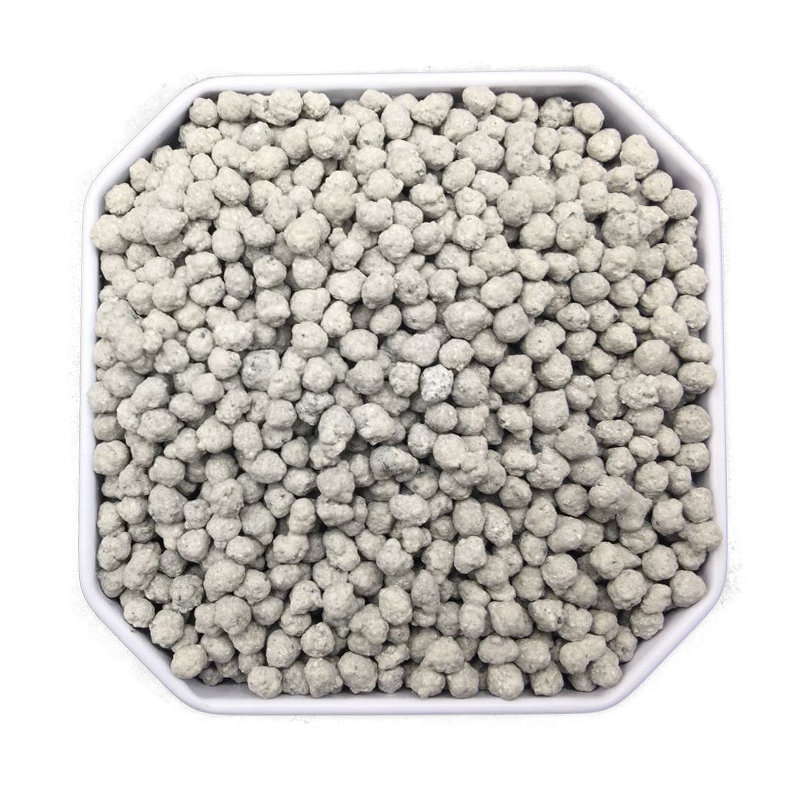
Dec . 10, 2024 09:36 Back to list
npk granular fertilizer factories
NPK Granular Fertilizer Factories The Backbone of Modern Agriculture
In the realm of modern agriculture, the significance of fertilizers cannot be overstated. Among various types, NPK granular fertilizers hold a vital position due to their balanced ratio of Nitrogen (N), Phosphorus (P), and Potassium (K). These nutrients are essential for the healthy growth of plants, making NPK fertilizers a staple for farmers around the world. This article explores the landscape of NPK granular fertilizer factories, their importance, production processes, and the impact they have on agriculture.
Understanding NPK Fertilizers
NPK fertilizers are formulated with specific ratios of the three critical nutrients nitrogen, phosphorus, and potassium. Each nutrient plays a unique role in plant growth. Nitrogen encourages vigorous foliage growth, phosphorous supports strong root systems and flowering, while potassium contributes to overall plant health and disease resistance. The ability to combine these nutrients in various proportions allows farmers to tailor their fertilizer use to the specific needs of their crops and soil conditions.
The Role of NPK Granular Fertilizer Factories
NPK granular fertilizer factories serve as the manufacturing hubs that fulfill the demand for these essential agricultural products. The strategic location of these factories is often chosen based on proximity to raw materials, target markets, and logistical considerations. The factories not only produce fertilizers but also play a significant role in research and development to improve fertilizer formulations and efficiency.
Production Process
The production of NPK granular fertilizers involves several key steps
1. Raw Material Sourcing The primary raw materials for NPK fertilizers include ammonium sulfate, urea, triple superphosphate, and potassium chloride. Factories must ensure a consistent and high-quality supply of these materials.
2. Blending The specified proportions of N, P, and K are blended together. The exact formulation depends on the needs of the target crops and soil types. Modern technology allows for precise blending to achieve homogeneity.
npk granular fertilizer factories

3. Granulation The blended mixture is then granulated. This process involves forming the blended materials into granules, improving the handling and application properties. Granulation can be carried out using various methods, including pan granulation, drum granulation, or extrusion granulation.
4. Drying and Cooling After granulation, the particles must be dried to reduce moisture content, which can compromise storage and shelf life. This is followed by a cooling process to ensure the granules are stable.
5. Packaging and Distribution Finally, the finished product is packaged in bags or bulk containers for distribution to retailers, co-ops, and directly to farmers.
Environmental Considerations
While NPK granular fertilizers are crucial for enhancing agricultural productivity, their production and application are not without environmental concerns. Overuse of fertilizers can lead to soil degradation, water pollution, and disrupt local ecosystems. Therefore, many factories are now focusing on sustainable practices, including the development of slow-release fertilizers and precision application techniques. This shift aims to minimize environmental impact while maximizing agricultural output.
Economic Impact
The economic significance of NPK granular fertilizer factories is considerable. They create jobs, stimulate local economies, and support the agricultural sector by providing essential inputs for crop production. With a rapidly growing global population, the demand for food is expected to surge, thereby increasing the need for efficient fertilizer production. Factories equipped with advanced technology and sustainable practices will be well-positioned to meet this demand.
Conclusion
NPK granular fertilizer factories are an integral component of modern agriculture, enabling farmers to optimize crop yields and improve food security. Their role in the production of balanced fertilizers is critical to sustaining agricultural productivity in the face of increasing global challenges such as climate change and population growth. By adopting sustainable practices and embracing technological advancements, these factories can continue to support the agricultural sector while ensuring environmental protection. As we move forward, the evolution of NPK fertilizer production will undoubtedly shape the future of agriculture, making it more efficient, productive, and sustainable.
-
Premium Organic Manure Compost for Eco Gardens
NewsAug.01,2025
-
Organic 10-10-10 Fertilizer | Balanced Plant Nutrients
NewsJul.31,2025
-
Premium Amino Acid Fertilizer | Rapid Plant Growth Booster
NewsJul.31,2025
-
10 10 10 Fertilizer Organic—Balanced NPK for All Plants
NewsJul.30,2025
-
Premium 10 10 10 Fertilizer Organic for Balanced Plant Growth
NewsJul.29,2025
-
Premium 10 10 10 Fertilizer Organic for Balanced Plant Growth
NewsJul.29,2025
